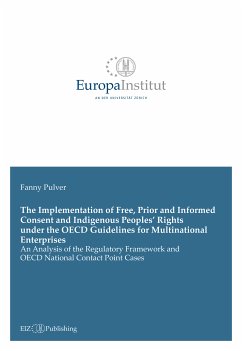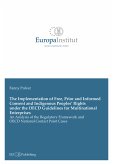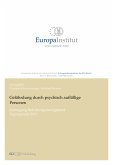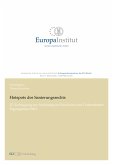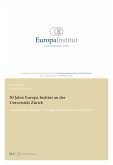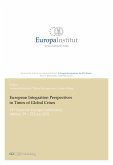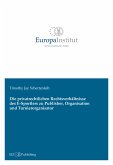Corporations have become powerful actors exerting increasing influence on society and the living conditions of individuals worldwide, including indigenous peoples. While it is recognized that corporations have a responsibility to respect indigenous peoples’ rights and the important safeguard concept of free, prior and informed consent (FPIC), it is rather unclear what such a corporate responsibility entails from a legal perspective. This doctoral thesis thoroughly analyses the regulatory framework pertaining to indigenous peoples and corporations as well as the ‘case law’ of the OECD National Contact Points (NCPs). Based on this analysis, the thesis identifies currently applied features of indigenous peoples’ rights and FPIC in relation to corporate actors, determines shortcomings in the regulatory framework and the ‘jurisprudence’ of the NCPs, and makes suggestions for possible improvements.

